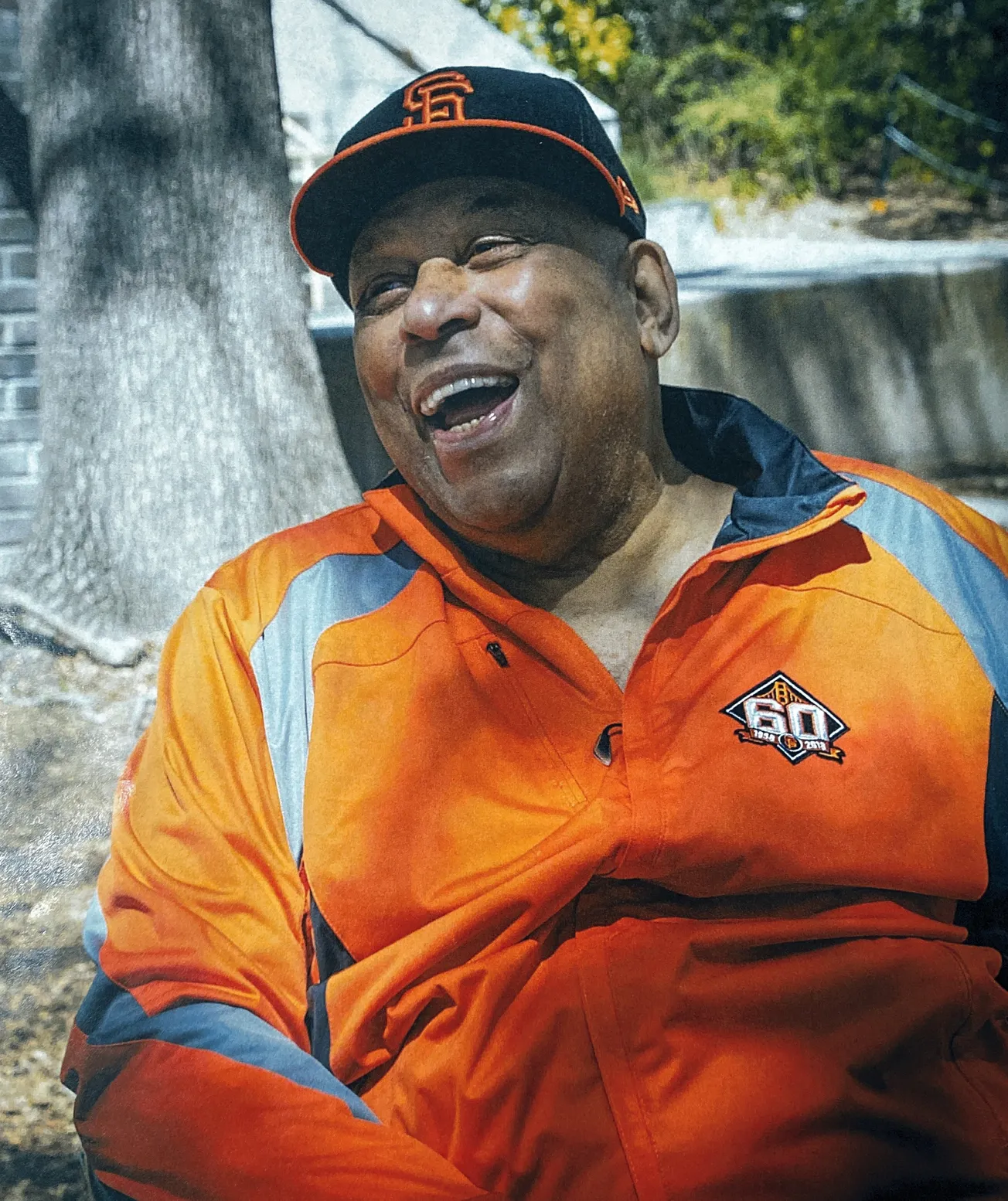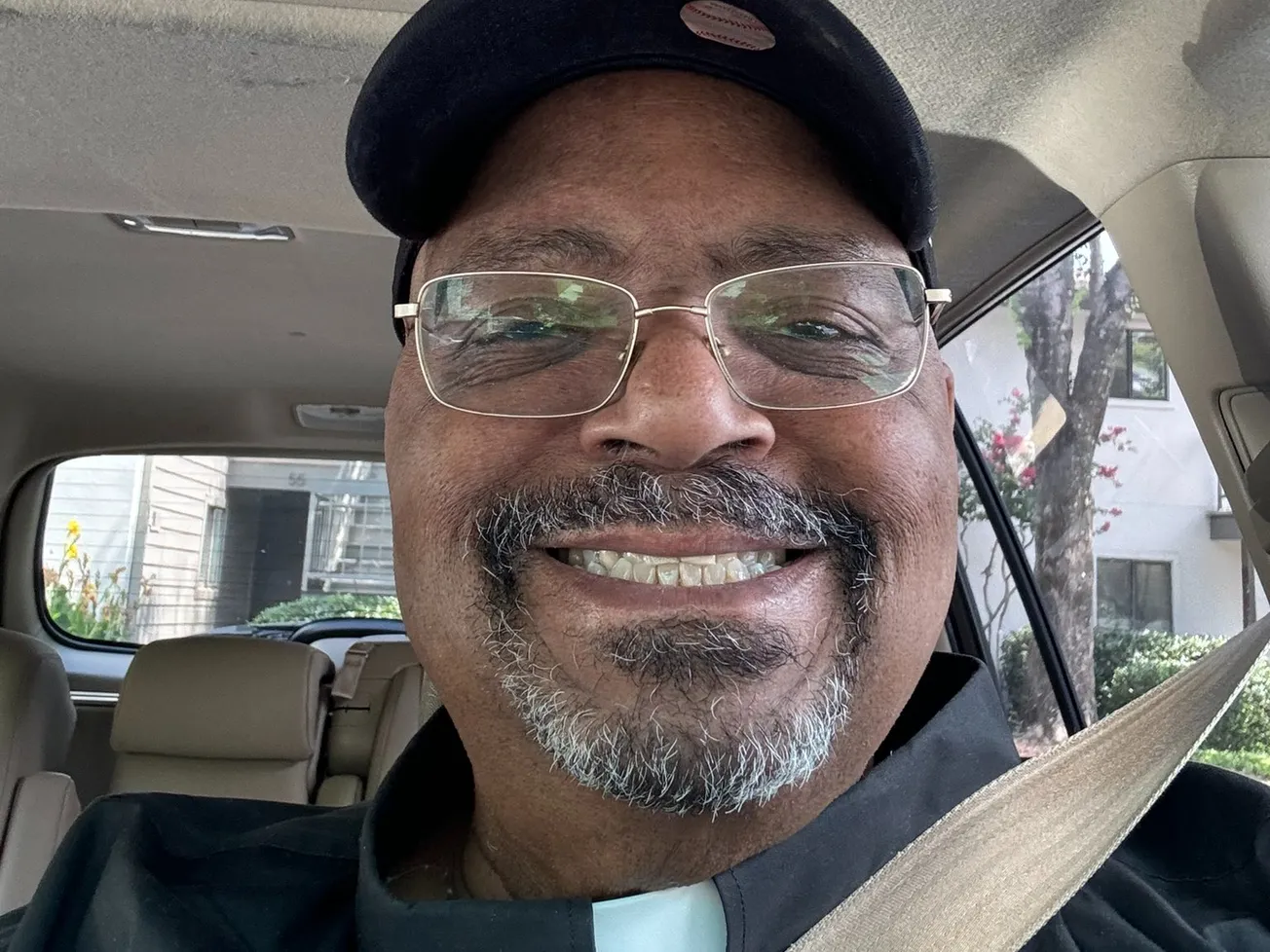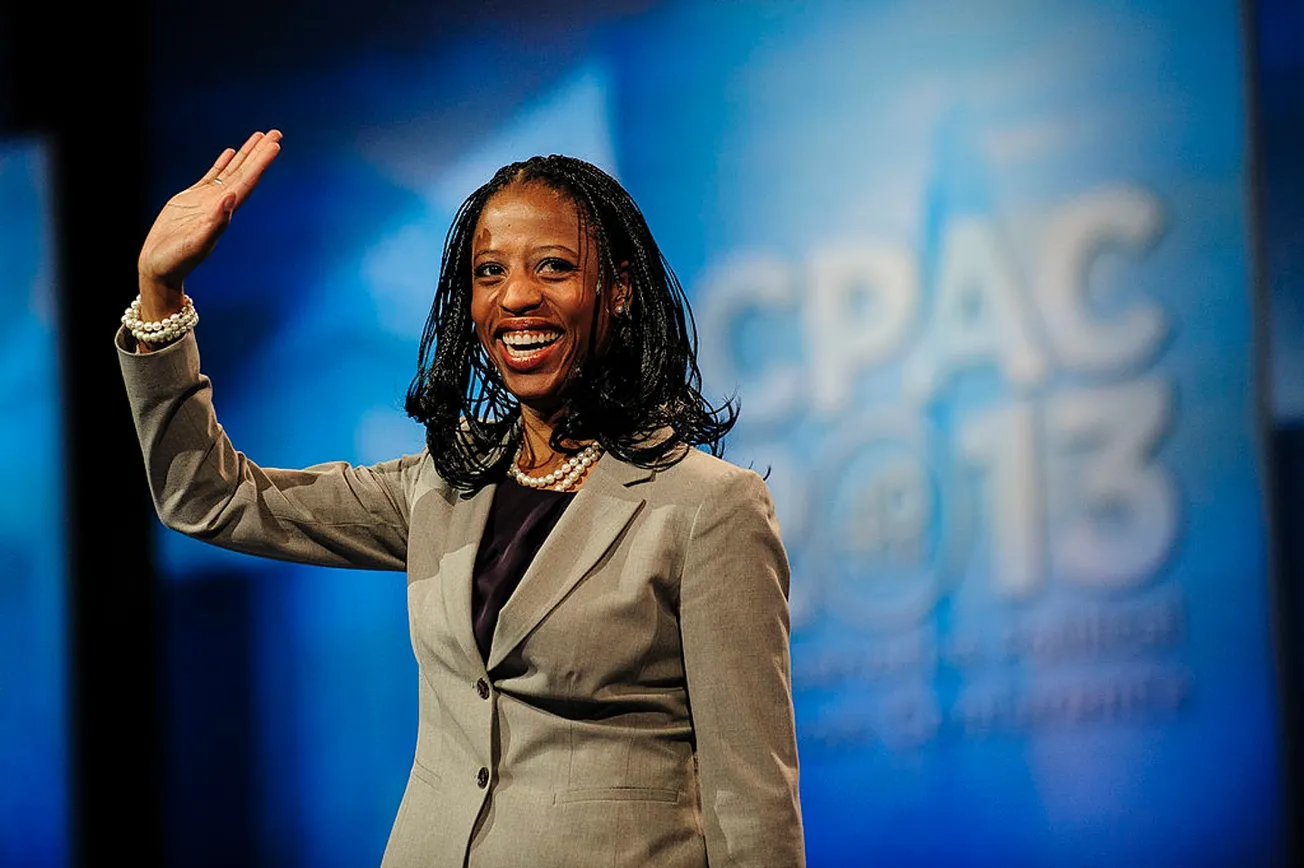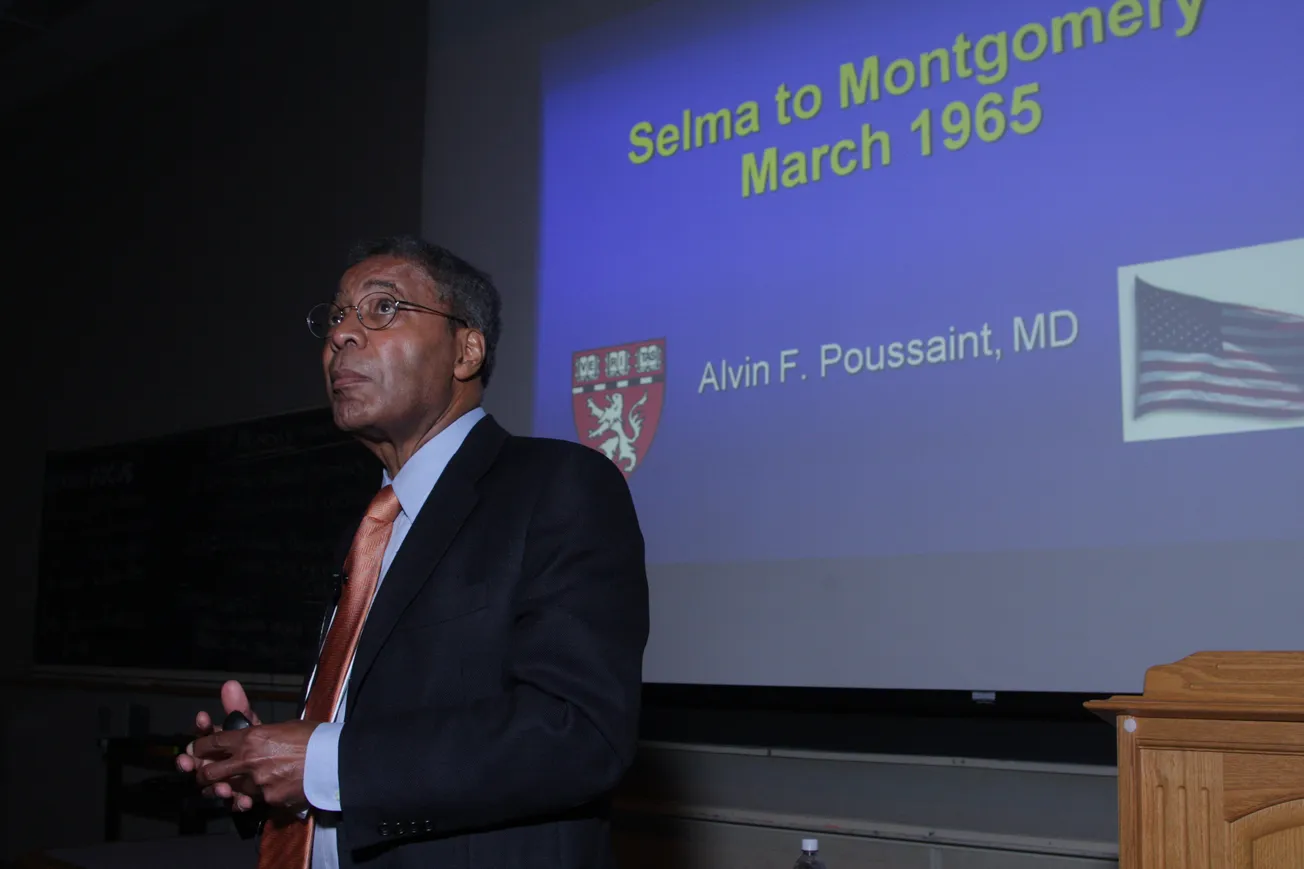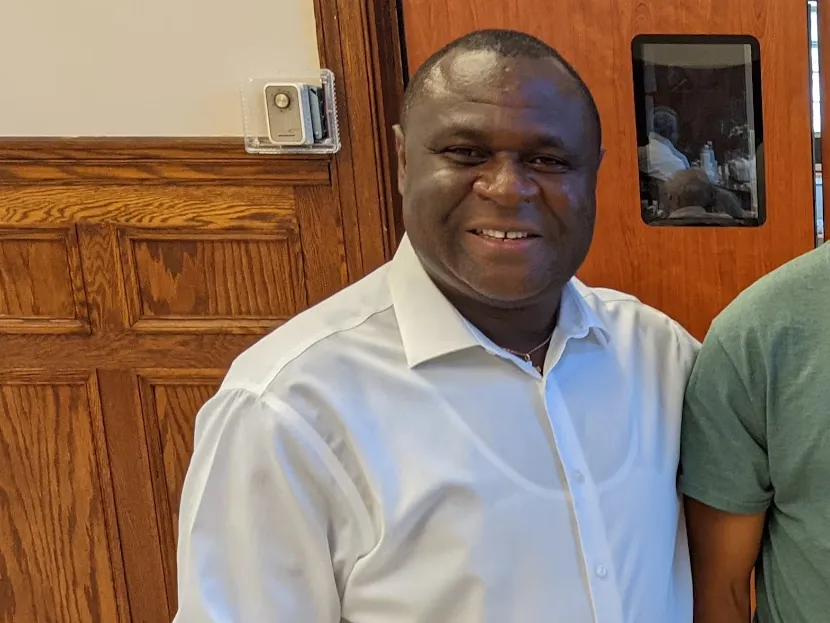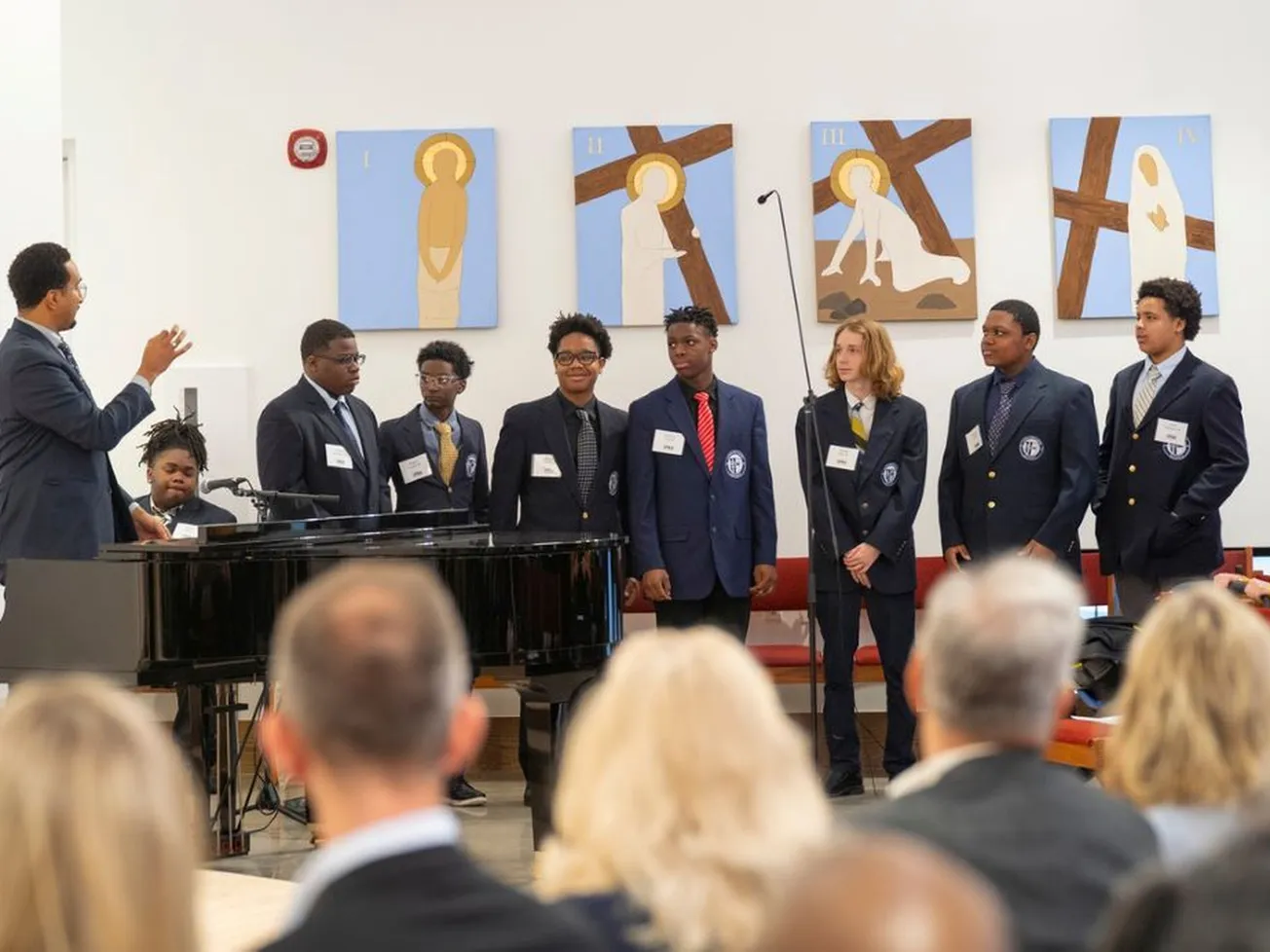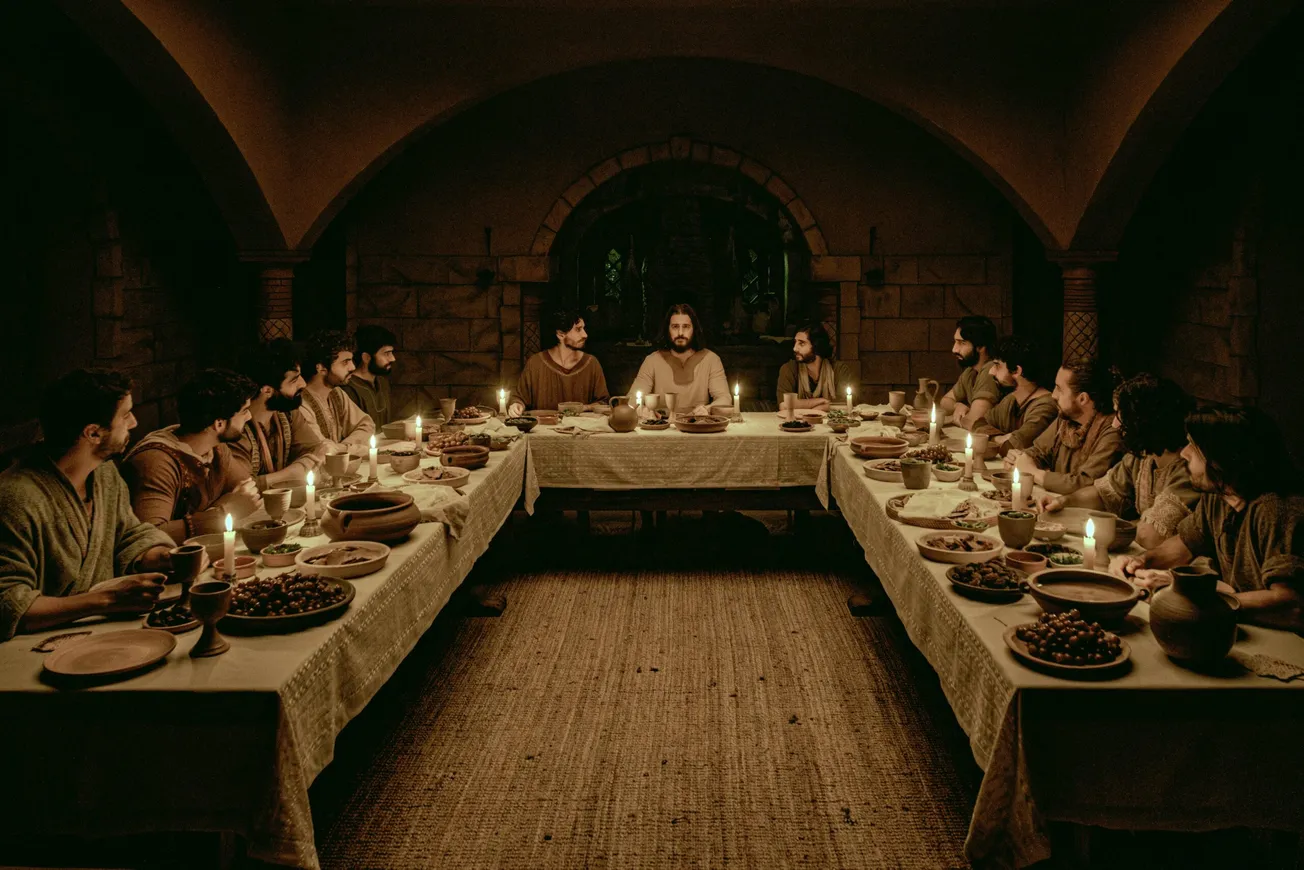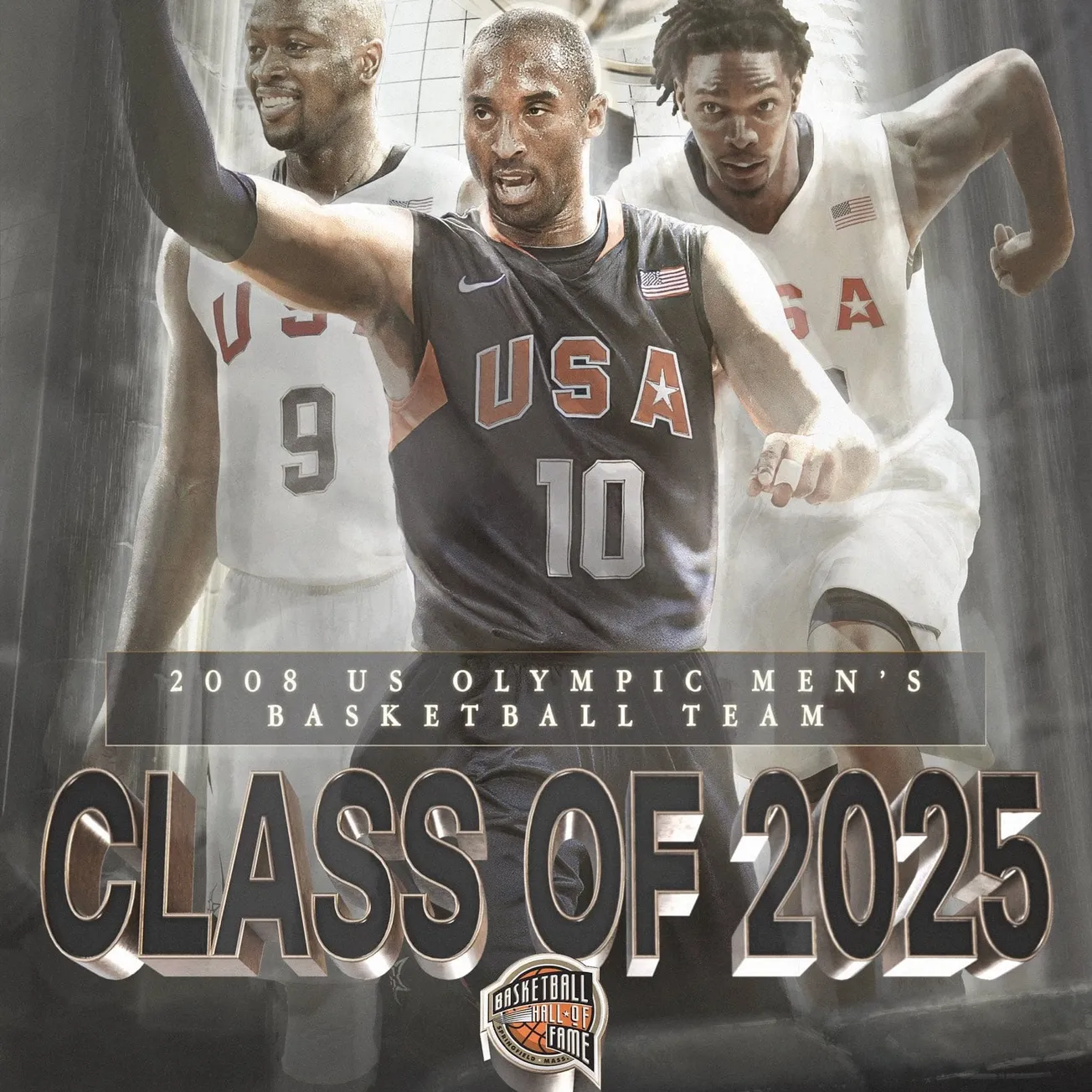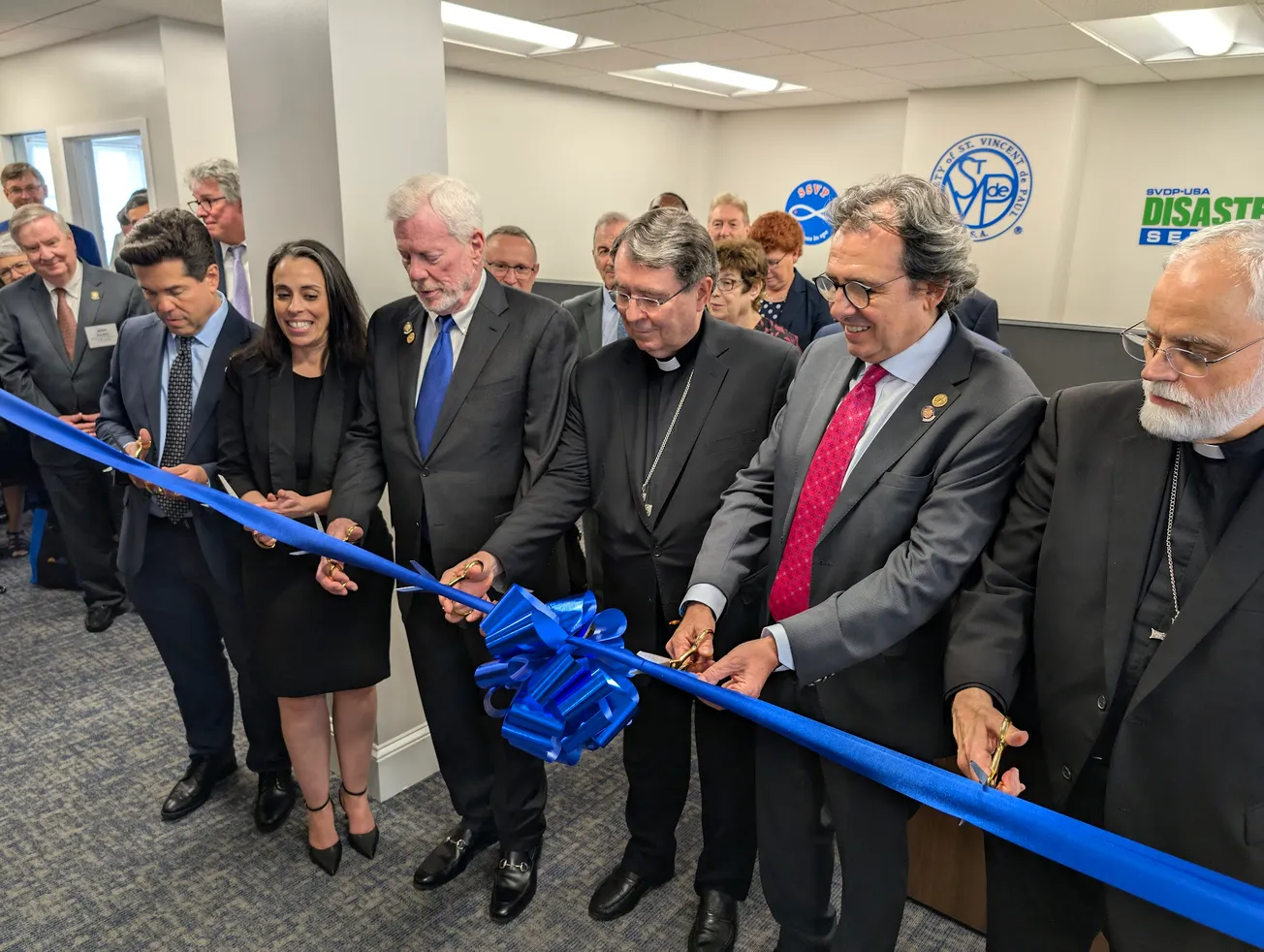Orlando Cepeda, a Hall of Fame hitter and front office staffer for the San Francisco Giants who helped lead a generation of young Latinos into the major leagues, has died in California at the age of 86. No cause of death was announced.
The Giants shared the news on June 28, the same day the 11-time All-Star passed, three decades after his professional baseball career came to an end. His family released a statement through the team.
“Our beloved Orlando passed away peacefully at home this evening, listening to his favorite music and surrounded by his loved ones,” said his second wife Nydia. “We take comfort that he is at peace.”
Statement from the #SFGiants on the passing of Orlando Cepeda: pic.twitter.com/cjB7BK27PY
— SFGiants (@SFGiants) June 29, 2024
Known as “Baby Bull,” Cepeda spent 16 years in the MLB after moving to the contiguous United States from Puerto Rico, where he was born in 1937 to a standout in the Puerto Rican Professional Baseball League, Pedro Anibal “The Bull” Cepeda and Carmen Pennes. Despite being Black, Pedro famously refused to play stateside in the Negro Leagues due to the racist culture of the mainland.
Orlando idolized his father and the Black Cuban MLB pioneer Minnie Miñoso before starting his own career. With the league’s color line having fallen during his elementary school years, Cepeda moved to New York, and later Georgia in the 1950s to make his way up through the minor leagues. Therein, he endured social struggles both due to his Blackness and his initial inability to speak English.
Cepeda was called up to the majors in 1958, where he quickly became a household name by way of his stellar hitting. He unanimously won Rookie of the Year and set a record for the most home runs by a first-year National League player.
Cepeda continued to dominate batting statistics throughout the next five years, achieving a string of All-Star appearances and leading the NL in home runs during the 1961 season. A runner-up for NL Most Valuable Player that year, he won the award in 1967 after being traded to the St. Louis Cardinals, where he achieved his greatest career success. He led the team to their eighth World Series championship, while also leading the NL in runs batted in.
His triumph with the Cardinals was ultimately the pinnacle of Cepeda’s playing career, as injuries precipitated a decline in production throughout his last decade in the MLB. He played for five teams between 1969 and 1974, when he retired after a short stint with the Kansas City Royals.
MLB mourns the passing of Hall of Famer Orlando Cepeda at the age of 86.
— MLB (@MLB) June 29, 2024
Known as “Cha-Cha” and “The Baby Bull,” Cepeda slugged 379 home runs, batted .297, and made 11 All-Star teams over 17 seasons.
He was unanimously selected as the NL Rookie of the Year in 1958 with the… pic.twitter.com/9ne5NDkHfP
Despite a gregarious personality and positive rapport with many of his teammates, Cepeda’s personal life came under intense scrutiny following his retirement, when he faced various legal troubles. Involved in drug dealing, he was arrested in his native Puerto Rico in 1975 after transporting narcotics from Colombia. This was compounded by succeeding cases concerning a gun charge and spousal/child support payments to his first wife, Annie, whom he divorced in 1973. Cepeda was sentenced to five years in prison on the drug charges, which temporarily darkened his legacy among many of his fellow islanders. He served ten months before relocating to a halfway house in Philadelphia.
Formerly a Catholic, Cepeda attributed his conversion to Buddhism as a source of renewal in his life, following his return to the major leagues as a scout for the Chicago White Sox. He also coached a team in the Puerto Rican league, where his father once starred. Cepeda later scouted in Latin America for his former team, the Giants. Upon the opening of the team’s new stadium, Oracle Park, in 2000, Cepeda operated his own concession stand; within a decade, a bronze statue of him was unveiled on the premises.
Though not elected to the Baseball Hall of Fame during the regular eligibility period, Cepeda was inducted in 1999 after being chosen by the Veterans Committee—becoming just the second Puerto Rican in history to make it to Cooperstown. The Giants retired his jersey number the same year.
“Orlando was a great ambassador for the game throughout his playing career and beyond,” said Giants chairman Greg Johnson.
“For all of Orlando’s extraordinary baseball accomplishments, it was his generosity, kindness and joy that defined him. No one loved the game more,” added team president and CEO Larry Baer.
Honored in person by the team with a special celebration for his 80th birthday in 2017, Cepeda began facing major health struggles the next year, when he fell in a parking lot after a cardiac episode and was hospitalized for several months. By 2020, he was reportedly suffering from dementia, though he denied this. At the time of his death, he resided at his home in Concord, California.
Cepeda is survived by his second wife, Nydia, as well as his five sons: Hector, Orlando Jr., Carl, Malcolm, and Ali Manuel. He was pre-deceased by his third wife, Mirian.
As of Friday morning, no public funeral arrangements have been announced, but tax-deductible donations can be made to the Orlando Cepeda Foundation, which works to preserve Cepeda’s legacy.
Nate Tinner-Williams is co-founder and editor of Black Catholic Messenger.


